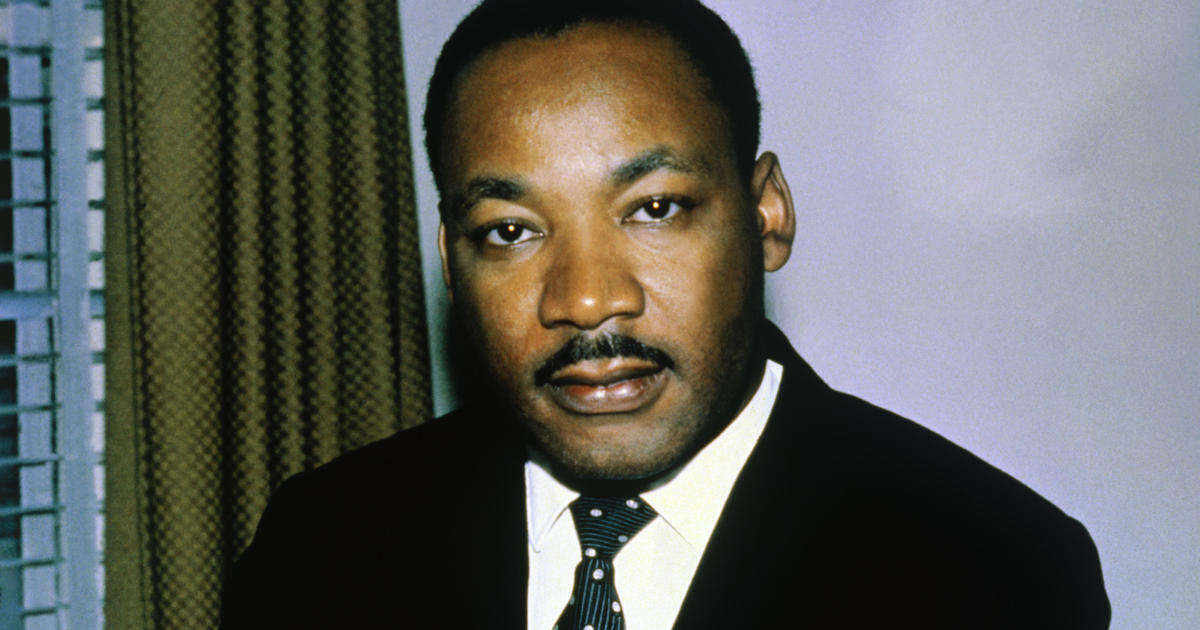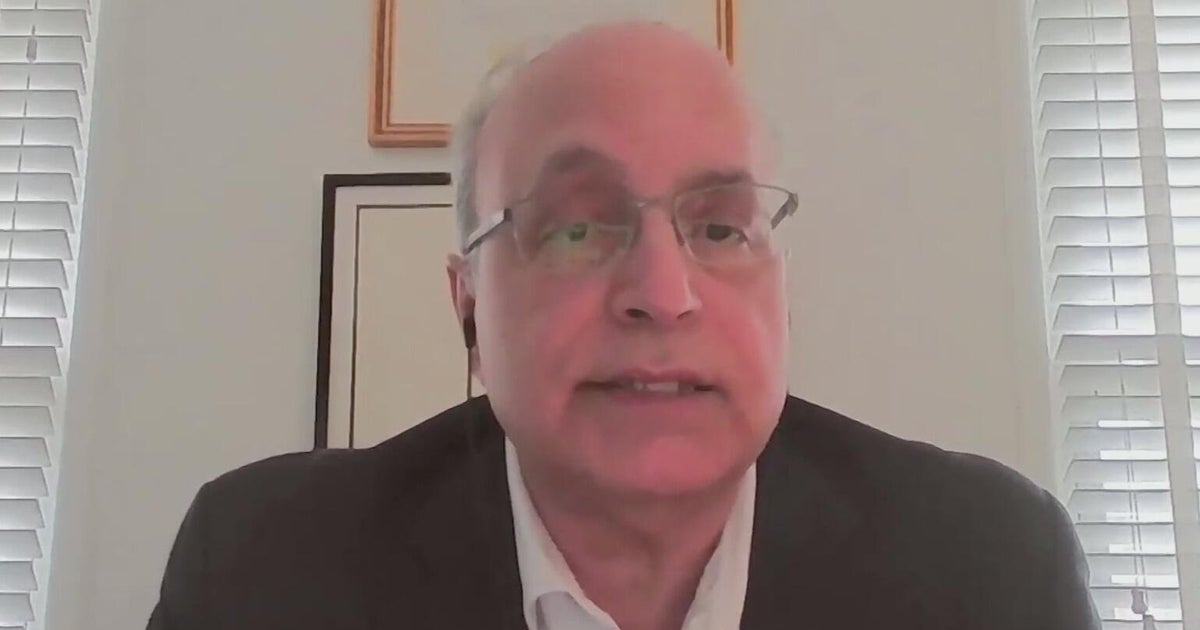MIAMI – Dr. Martin Luther King Jr. was a civil rights chief and an American hero. Almost each and every American adult (95%) believes he was an vital determine in US record, according to a CBS Information poll.
But it was not generally that way. The actuality that King is now beloved and has a nationwide holiday break commemorating his birthday was not a little something that definitely was heading to transpire for the duration of his life time.
This exhibits us that often the struggle for civil rights is unpopular at the time, and it only becomes preferred retrospectively.
In the course of the 1960s, King was a extremely divisive determine. The very last Gallup poll to ask about his acceptance for the duration of his life span, taken in 1966, uncovered his unfavorable ranking was 63%. This incorporated 39% of Us citizens who gave him a -5 rating, on a scale with -5 being the very least favorable and +5 becoming most favorable.
King’s remarkably detrimental rating came when he had turned his notice from Southern de jure segregation towards de facto segregation in northern towns.
But even right before then, King was far from a universally liked person. In the middle of 1964, when Congress was in the midst of passing numerous landmark civil legal rights laws, King’s favorable score was just 44%. His unfavorable rating was in essence equal at 38%.
When People were requested which three Us residents they experienced the the very least regard for in a 1964 Gallup poll, King came in next at 42%. This was barely significantly less than the 47% registered by George Wallace, the segregationist governor of Alabama. Only 17% stated King’s title, when asked which 3 Americans they had the most respect for.
Most likely even additional revealing is that a ton of white Individuals thought King was performing much more hurt than excellent in the struggle for civil legal rights. In a 1966 Harris poll, 50% of white Individuals indicated that he was hurting the civil legal rights effort. A mere 36% said he was encouraging. King’s favorable rating amongst them was 27% in 1966.
Black Americans observed points really in another way. The broad vast majority in 1963 imagined his work for equal legal rights was going at the proper velocity (71%) or not fast adequate (21%) in comparison with 8% who thought it was occurring much too rapid. In 1966, 84% of Black older people had a favorable perspective of King, even though 4% had an unfavorable see.
Even in the speedy aftermath of his dying, a lot of People in america had a unfavorable check out of King. Virtually a third (31%) said he introduced his 1968 assassination upon himself. Considerably less than a the vast majority (43%) mentioned they were being unfortunate (38%) or angry (5%).
By the mid-1970s, views toward King turned much more good. The wide bulk (67%) of People in america considered the protest marches he had led helped to speed up civil rights laws.
That claimed, it was far from a absolutely sure factor that King would be celebrated with a nationwide vacation. Early in 1983, the yr that laws to build the holiday break passed Congress and was signed by then-President Ronald Reagan, impression was split down the center.
A within-the-margin-of-error plurality (48%) indicated that they didn’t want it to be a national holiday break, with a nearly equivalent 47% expressing it really should be, according to an ABC Information/Washington Post poll. It was only by the close of the 12 months that most Us citizens (59%) favored the countrywide getaway in a Harris poll.
Some states, nonetheless, lagged guiding. South Carolina was the previous state to make Martin Luther King Jr. Day a non-optional condition holiday, and that did not transpire right up until 2000.
Arizona was another state that took a very long time to make King’s birthday a state vacation. The invoice failed to pass the state legislature in 1986, and two ballot propositions failed in 1990.
The next yr, the NFL made a decision to transfer the 1993 Tremendous Bowl away from the condition, as a result.
When People in america had been asked regardless of whether they favored or opposed this go, just 25% favored it. The wide vast majority (63%) said they were being opposed to going the Super Bowl.
The move by the NFL had the supposed impact. Voters in Arizona passed a law in 1992 to make King’s birthday a point out vacation. The NFL put the 1996 Tremendous Bowl in the point out.
As the 20th century turned to the 21st, King’s legacy was cemented in the American thoughts. A around unanimous the vast majority (89%) indicated he was a human being they admired in 1999.
In 2011, 94% of Americans experienced a favorable watch of him in Gallup polling. This involved an 89% favorable rating amid these aged 65 and older, the extensive bulk of whom were being born in 1927 or afterwards. Among that identical group in 1966, King’s favorable score was 41%.
In other words and phrases, King’s now uniform reputation isn’t only mainly because more mature generations died out. People’s minds transformed. King became a lot much more popular among the numerous individuals who didn’t like him when he was alive.
Nonetheless, even as King has grow to be enshrined in American culture, People even now sense there is certainly a great deal of get the job done to be carried out to fulfill his dream of racial equality.
Considerably much more People this past yr said they have been extremely dissatisfied with the state of race relations in this nation (38%) than at the commencing of this century (14%), in accordance to Gallup.
Moreover, 58% of Us residents believe that White supremacy is however a important trouble in the place, for every a PRRI poll taken late very last calendar year, such as 78% of Black People in america.


